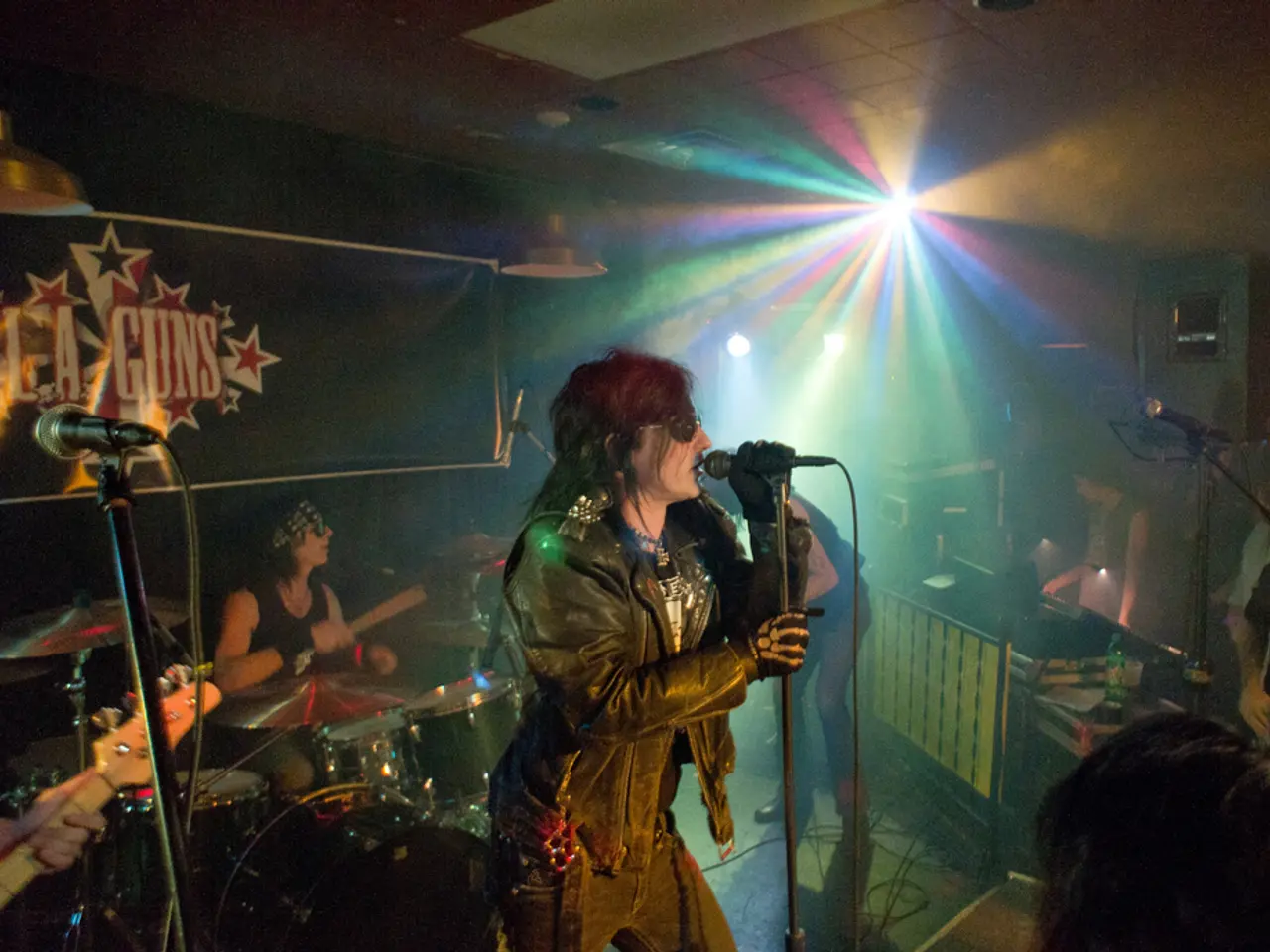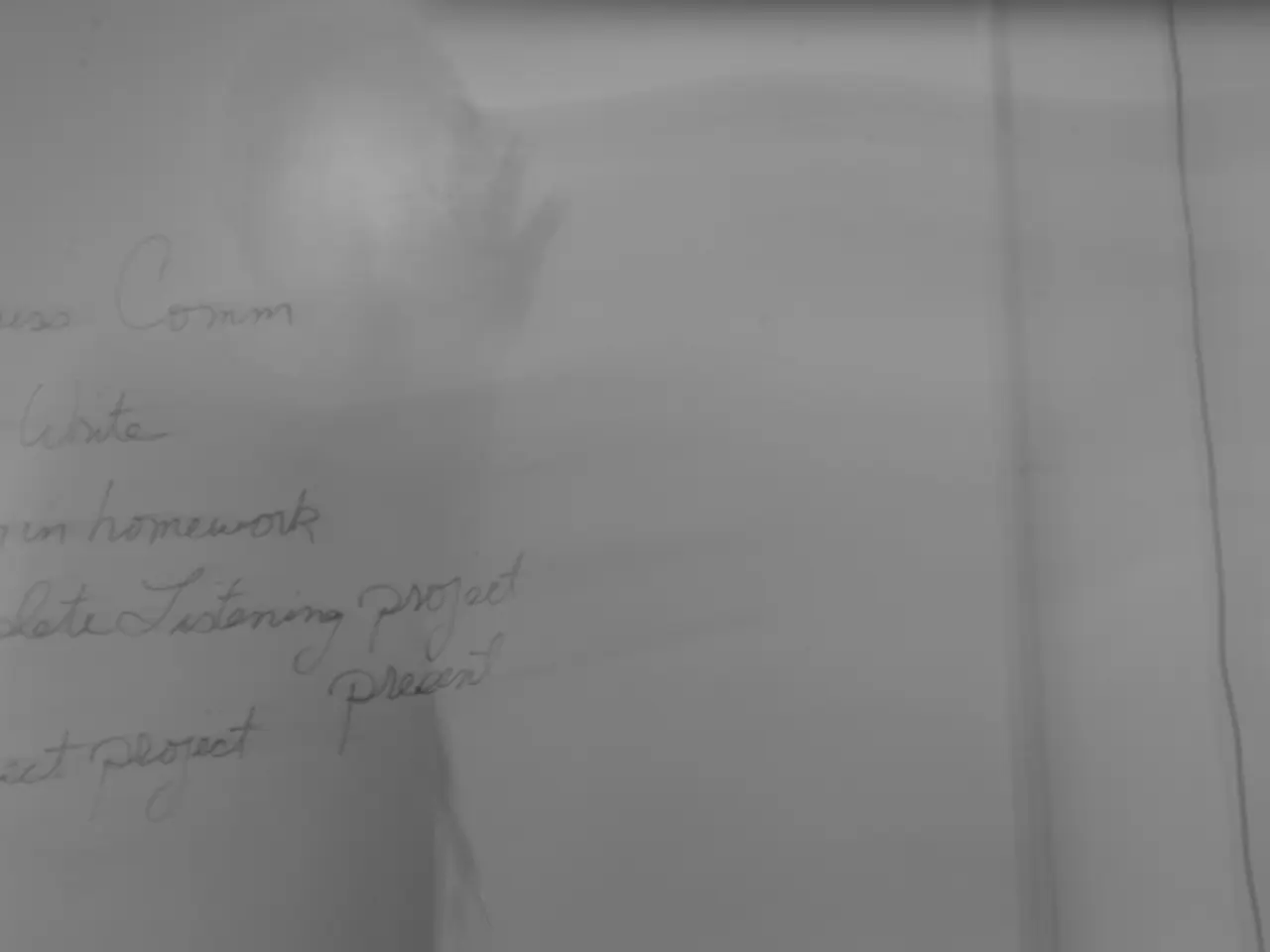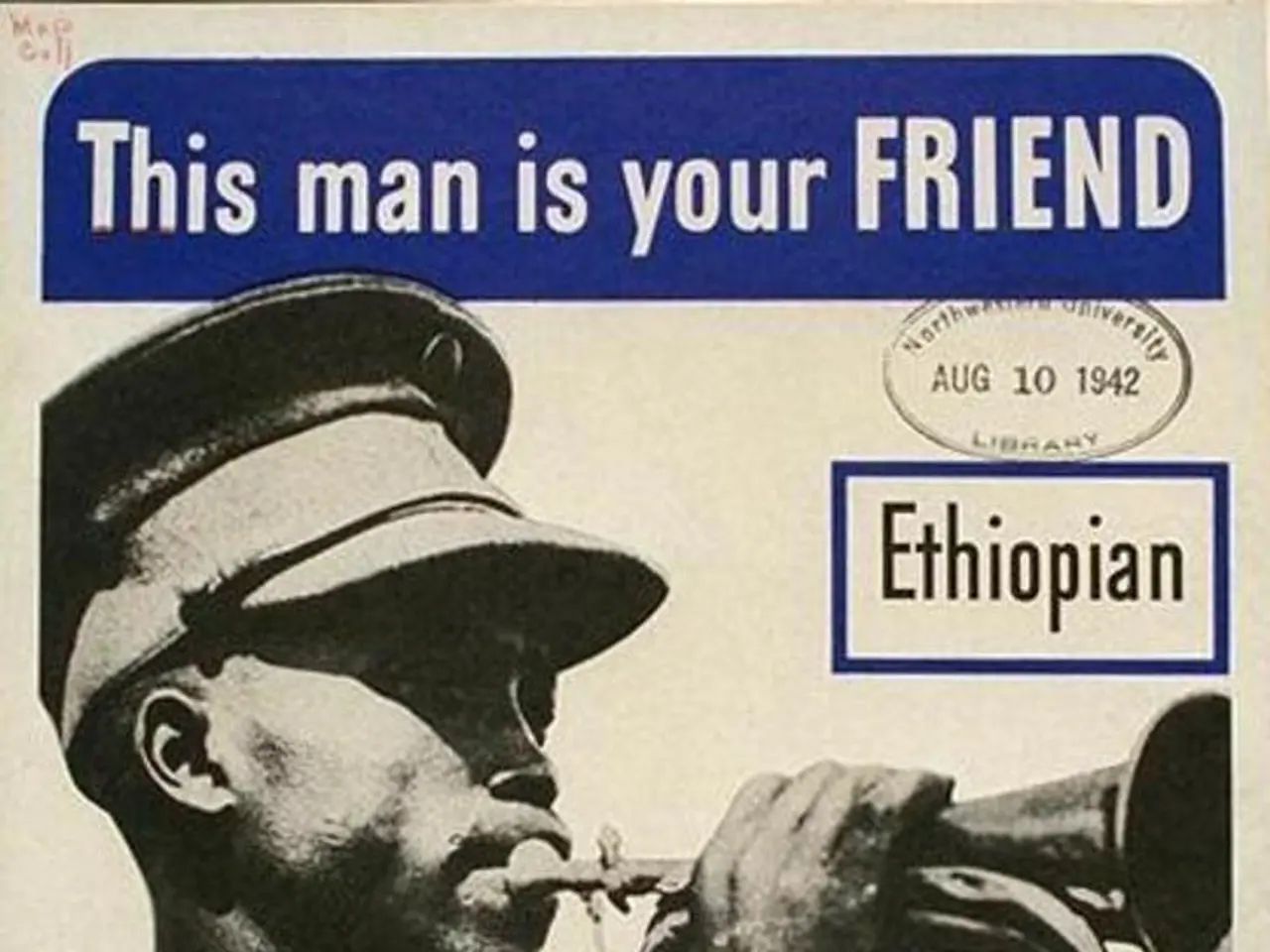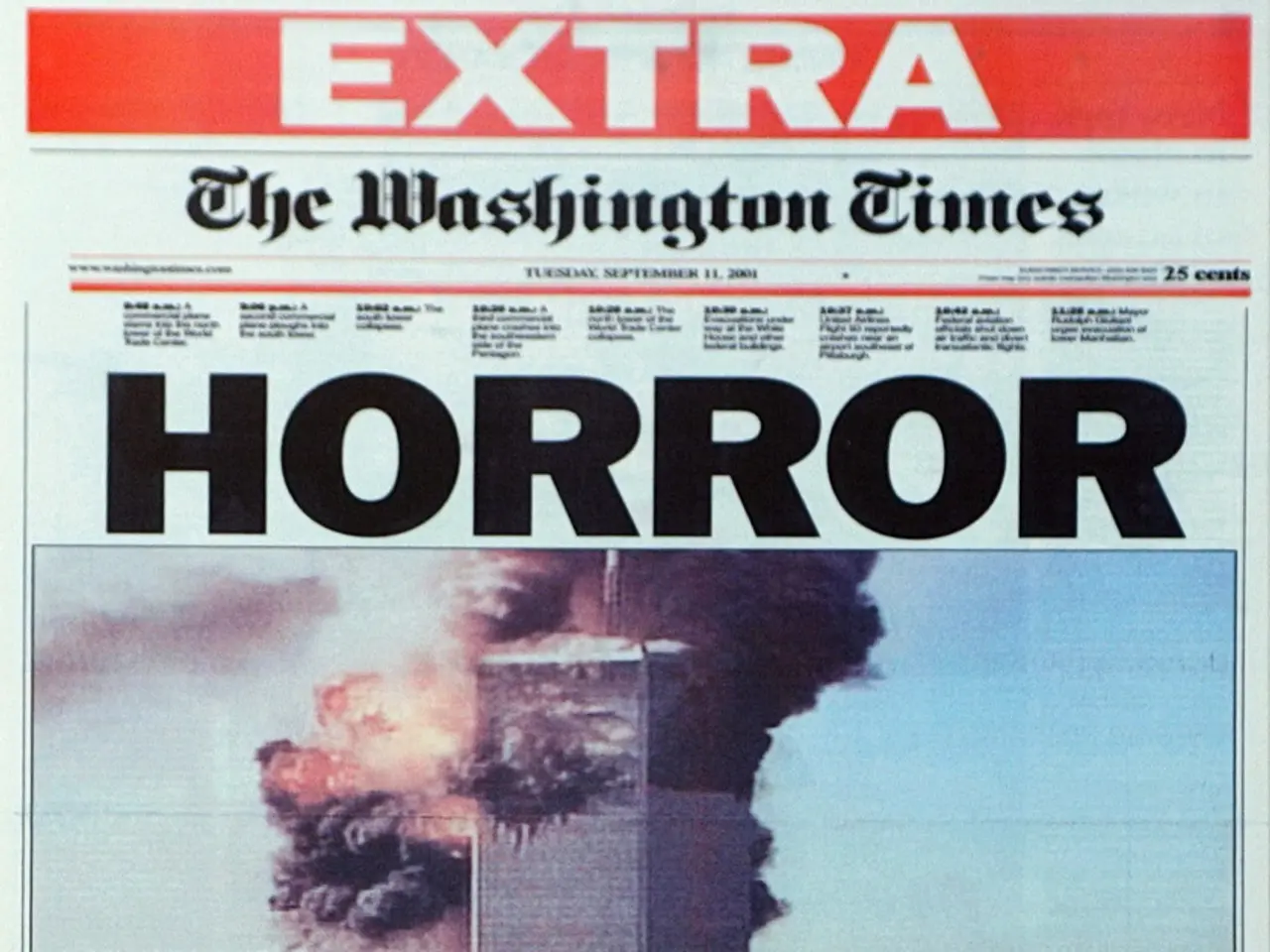Pop Stars Sabrina Carpenter and Addison Rae Are Reinventing Pop Music with a Sexy Vibe, Sparking Controversy and Confusion Among Some
In the ever-evolving world of pop music, a new trend is emerging that challenges traditional norms and pushes the boundaries of cultural representation. This trend, often described as "Overtly Sexual," is characterized by artists embracing their sexuality as a form of self-expression and empowerment.
Sabrina Carpenter, the reigning queen of Overt Sexuality in pop music, recently announced her follow-up album, Man's Best Friend, featuring erotic cover art that has caused a minor moral panic among young pop fans. The album art, depicting Carpenter on her hands and knees in a little black dress and spike heels, with her blonde hair clenched in a faceless dude's suit-clad fist, is a bold statement that reflects the changing landscape of pop music.
Carpenter's song "Slim Pickins" mourns her lack of "gay awakening" while also expressing desire for members of the opposite sex, blurring gender boundaries in an interesting way. This theme of blurring gender lines is not unique to Carpenter; several new-gen pop ladies, such as Tate McRae and Lorde, are also exploring and challenging traditional gender roles in their music.
The increased visibility and success of queer, trans, and nonbinary pop stars have led to a blurring of gender borders in pop music. Artists like Renee Rapp, Ice Spice, and Fletcher, who openly identify as queer or bisexual, use their sexuality as a form of identity expression and visibility. This normalization of queer experiences in music allows these artists to be bold and uncensored about their sexuality without it being headline news, a stark contrast to a few years ago.
Female artists are also reclaiming sexual desire as a source of empowerment rather than something shameful or taboo. Songs explicitly celebrating intense female sexual desire, such as Lola Young's “One Thing,” challenge the long-held double standards where women’s sexuality had to be cloaked in euphemism or deeper metaphor, rather than straightforwardly expressed.
Some artists use their platform to reject conventional beauty standards and embrace diverse body types and aesthetics, further pushing the envelope on what sexuality in pop music looks like. This makes the expression of sexuality inclusive and more representative of real experiences.
The discourse around artists like Sabrina Carpenter highlights how society is still negotiating the boundaries of feminism and sexual expression. While some critique Carpenter’s sexual imagery, deeper analysis suggests discomfort often stems not from overt sexuality itself but from the normalization of complex, sometimes uncomfortable themes like violence against women or power dynamics.
This trend expands the scope of who gets to represent sexuality in mainstream media, incorporating queer voices and diverse expressions of desire. This broadens societal understanding of sexuality beyond traditional heteronormative frames and encourages inclusivity. As sexuality becomes a more open and normalized topic in pop culture, it can reduce the stigma historically attached to female and queer sexual expression.
However, despite progress, these artists often face backlash rooted in double standards about gender and sexuality, revealing ongoing societal tensions around who is "allowed" to be sexual and how. Despite this, the trend continues to push boundaries, spark critical conversations about feminism, consent, beauty standards, and violence, and provoke important debates about gender, cultural values, and the representation of sexuality in media.
This shift marks an evolution in the cultural representation of sexuality, making it more pluralistic and reflective of contemporary society. It opens new spaces for dialogue and visibility, challenges existing social norms, and encourages a more inclusive and accepting culture.
[1] Jones, E. (2021). The New Pop Revolution: Queer and Feminist Influences. Rolling Stone. [2] Stern, D. (2020). The Sexual Revolution in Pop Music. The Guardian. [3] Thompson, A. (2019). The Problem with Sabrina Carpenter's Sexual Imagery. Jezebel. [4] Wilson, K. (2021). The Impact of Overtly Sexual Pop Music on Society. Billboard.
- GQ recommends keeping an eye on the evolution of pop music culture, as artists are using their music and style to challenge traditional gender roles and norms, such as Sabrina Carpenter, Tate McRae, Lorde, and others who are exploring sexuality and identity in their work.
- Amid the change in pop music, the expression of sexuality is becoming more inclusive and representative, with queer, trans, and nonbinary artists like Renee Rapp, Ice Spice, and Fletcher using their sexuality as a form of identity expression and visibility, normalizing queer experiences in music.
- In the realm of entertainment and pop-culture, this shift in representation encourages a more open conversation about feminism, consent, beauty standards, and violence, pushing boundaries and sparking debates about gender, cultural values, and the representation of sexuality in media, ultimately paving the way for a more accepting and pluralistic society.








